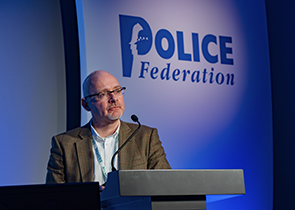Responsibilities

Employers have a legal duty to manage all risks in the workplace.
As with any hazard at work, fatigue must be managed through risk assessment and risk management.
An employee’s willingness to work extra hours, or request a specific shift pattern, should not influence fatigue risk management.
It is important not to underestimate the potential risk for serious, fatigue related errors and accidents. Fatigue is thought to be the cause of up to 20 per cent of accidents on major roads in the UK, contributing significantly to the approximate 3000 road deaths recorded annually.
Did you know, fatigue and/or shift work has been cited as major contributory factors in well-documented accidents and incidents including, Bhopal in 1984, Challenger Space Shuttle in 1986, Chernobyl in 1986, Clapham Junction in 1988, Exxon Valdez in 1989, British Airways BAC1 in 1990, Michigan Train Wreck in 2001, BP Texas City in 2005 and Buncefield Oil Depot in 2005.
After young men, shift workers are considered to be the category of drivers most at risk from accidents and, compared to day workers, night workers are more likely to be involved in accidents while driving home from work.

Dr Paul Jackson CPsychol AFBPS, Director – Fresh Air Training Ltd, has written extensively on fatigue and its impact on workers and work culture.
Read his paper, If anything is going to change, we need to change the culture around fatigue.













